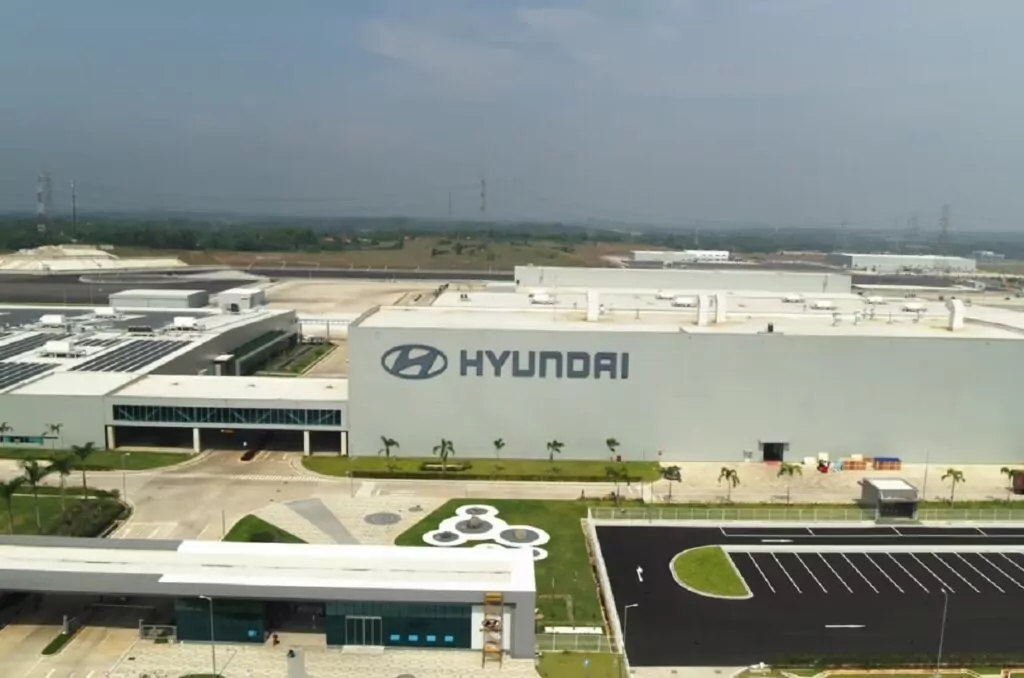
South Korean automotive giant Hyundai Motor Co. is preparing to launch a new industrial plant in Relizane in partnership with the Omani group Saud Bahwan, a move expected to inject fresh momentum into Algeria’s automotive sector by 2027.
The assembly facility will be located in Sidi Khettab approximately 300 kilometres west of Algiers and represents an estimated investment of nearly 400 million dollars. The unit will focus on the local production of compact SUVs and city cars segments that are particularly popular across North Africa.
The planned project will take over the site previously operated by Volkswagen reflecting the Algerian authorities’ strategy of repurposing existing industrial infrastructure to attract foreign investment and expand domestic production capacity.
Industry sources relayed by the South Korean press indicate that Hyundai expects to receive final approval from the Algerian government by the end of 2026 following preliminary marketing authorisation obtained in May.
The production plan envisages a gradual ramp-up with the first vehicles expected to roll off the line as early as 2026, beginning with an affordable SUV and a light utility vehicle.
A sedan and city car will follow production, with electric models introduced subsequently to align with global trends towards sustainable mobility.
The initiative is fully aligned with Executive Decree No. 22-384 which governs local vehicle manufacturing in Algeria. Introduced in 2022, the legislation imposes a medium-term minimum local integration rate for automotive manufacturers ensuring that foreign investments contribute to domestic industrial development.
For Hyundai this Relizane plant will become the company’s fourth on the African continent strengthening its existing regional presence in South Africa, Egypt, and Morocco.
Observers suggest that the project illustrates Algeria’s growing appeal as a regional hub for automotive production and may provide a template for future industrial partnerships in North Africa.
The collaboration with Saud Bahwan also underscores the increasing role of Gulf investors in supporting regional automotive growth and highlights the strategic integration of foreign expertise with local production capacities to meet North African consumer demand.



